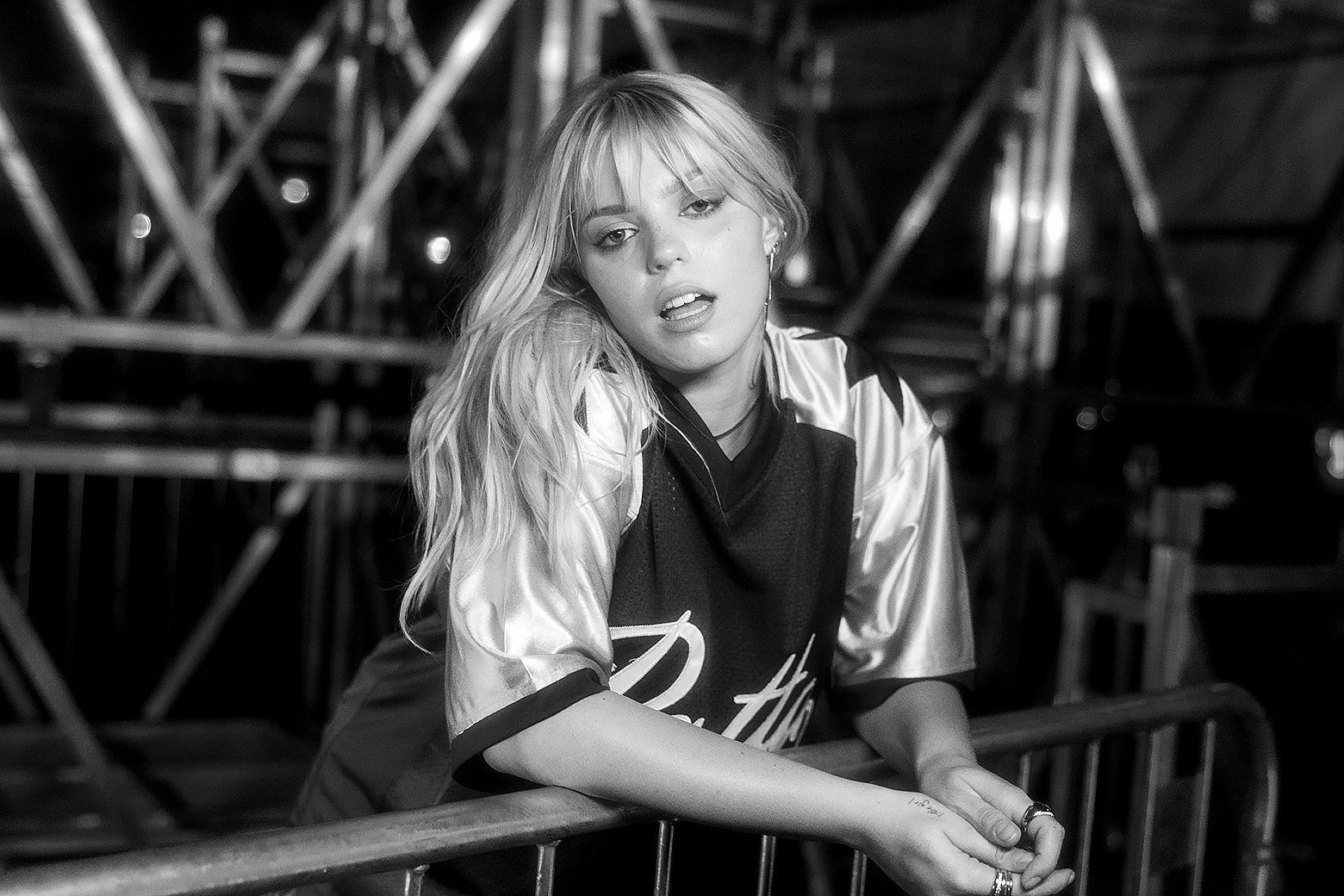The new adaptation of Mean Girls—or, more accurately, adaptation of Mean Girls: The Musical—has divided audiences. There are those who feel irked by the film’s musical nature, those who love the tunes, those who think it honors the 2004 hit movie, and those who think it hews a bit too close. But, despite the wider mixed feelings surrounding a film that I found fairly forgettable, if fun, there’s one thing that everyone can agree on: Reneé Rapp is a bona fide star.
Rapp, a 24-year-old singer-songwriter and actor, plays central villainess Regina George, a role that she reprised after playing George in the Broadway musical. On its surface, Rapp’s rise might not seem that surprising, Regina George is intended as a star-making role. But, it was surely a tall order to be asked to embody the HBIC of North Shore High—taking on such a well-known character, originally portrayed by such a treasured actress as Rachel McAdams, was sure to invite comparison, and not all of it kind. But Rapp has proved herself more than capable, despite this being just her second on-screen role (she previously starred in The Sex Lives of College Girls). More than anyone else in the film, she has emerged as a standout, an it girl in the making, and the object of much adoration on the internet—but not for the reasons you may think.
If you look up “Reneé Rapp,” instead of finding just the typical headlines about how “Reneé Rapp Stuns as Regina George,” you may instead stumble upon—nestled between the glossy magazine profiles and praise, sure—fan-made YouTube compilation videos with titles like “Reneé Rapp making her PR team question their life choices and I’m so here for it” and “Reneé Rapp being pure chaos …” What has really sealed Rapp’s rising stardom, evidently, is how chaotic her press appearances have been while promoting Mean Girls. There was the time she aired out her hate campaign against an owner of a bus touring company named Buddy, the time she praised Megan Thee Stallion’s ass, the time she publicly claimed to be ageist against millennials, and all of the other times she’s been either overtly sexual or the poster child for being a hater, or both.
One would think that Rapp’s predilection for uncouth quips and stringent opinions would rub people the wrong way and alienate her from the public. Take, for instance, Selena Gomez, whose string of messy public faux pas have recently landed her in the hot seat with fans and other online observers, or Rachel Zegler, whose blunt comments about Snow White ignited an entire hate brigade. But, on the contrary, Rapp’s specific genre of messy, unapologetic humor has struck a chord with audiences, winning over swaths of people who may not have even heard of Rapp before Mean Girls. What differentiates the likes of Gomez and Rapp, at least in terms of image and public perception, is that the latter has struck the perfect balance between messiness and relatability. It’s not dissimilar from Jennifer Lawrence’s signature old shtick—back when she was hailed as the queen of relatability—but with a touch of chaos reminiscent of the infamous social media shenanigans of pop star Rihanna in the early 2010s.
Rapp comes off as hilarious, charming, and fun. She’s the one you want to be friends with, who will have you laughing one moment and thrillingly hand-over-mouth aghast the next. It’s a far cry from the kind of carefully curated and hypercontrolled image maintenance that has increasingly defined the celebrity PR handbook. At the end of the day, spectators love mess—and they crave celebrities’ public brushes with it, as evidenced by viral tweets and TikToks praising Rapp, stating “this is exactly the shit I would do if I was famous,” “more celebs need to be like her and start talking their shit,” and praying she never gets “near a PR training.”
Rapp is not unaware of her reputation as charmingly unfiltered; earlier this week, she posted a zoomer-appropriate photo dump to her Instagram, paired with the sardonic caption “her lack of media training is outrageous.” (Her latest offense? Celebrating the announcement that she will perform at Coachella this year with a tweet about doing drugs.) The multihyphenate is proof that, in the right hands, chaos and mess can be a powerful and strategic branding tool for fame. But it’s a fine tightrope to tread: As we’ve seen time and time again, all it takes is one wrong move—or a series of out-of-touch comments—for a starlet to tumble from grace in the eyes of a fickle public. Let’s hope Rapp knows how to play it right.
